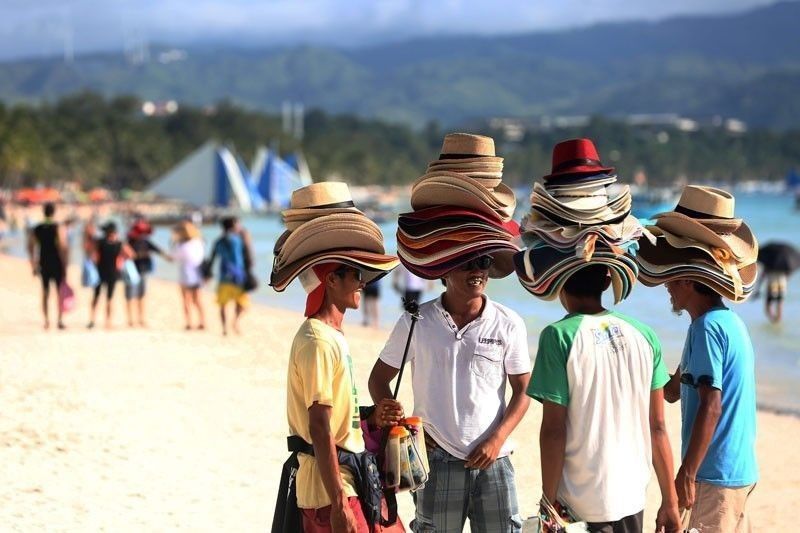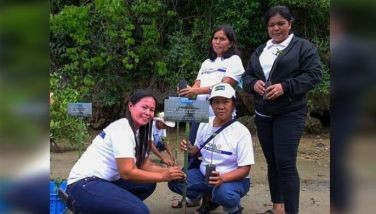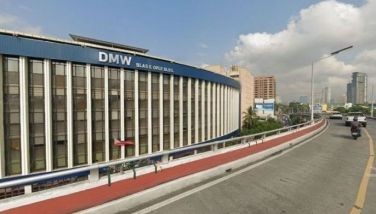SC: Government's closure of Boracay constitutional

MANILA, Philippines — The Supreme Court has upheld the constitutionality of President Rodrigo Duterte’s order to temporary close Boracay Island for six months in 2018.
SC Public Information Office chief Brian Hosaka said that the SC en banc voted on February 12 to junk the petition filed by Boracay island workers challenging the constitutionality of Duterte’s closure order.
The information on the voting was made public only on Tuesday.
A day before the six-month closure of Boracay on April 2018, two workers and a tourist filed a petition for prohibition and mandamus before the SC. During their filing, however the government had yet to issue a written order for the closure of Boracay.
READ: Supreme Court asked to stop Boracay shutdown
The petitioners accused the government of “patent abuse of power and reckless disregard of the law.”
They said that the closure of the island restricts the liberty of all tourists and non-residents. Those working in the island, meanwhile, will be deprived of their livelihood.
“Even Boracay residents who would be allowed to remain thereon would be adversely affected. Tourism drives the economy of the entire island, and without it, the people who live and work there lose their source of income,” they said.
Duterte later issued Proclamation 475 that declared a state of calamity in Boracay.
Hosaka said that the court ruled that “Proclamation No. 475 did not pose an actual impairment of the right to travel.”
“The impact of the said proclamation on the right to travel was temporary and merely incidental to the intended rehabilitation of the island,” the SC added.
Boracay was reopened on October 26, 2018. The government is currently working on the rehabilitation of Manila Bay, which may include reclamation projects that fisherfolk and urban poor groups oppose over concerns of displacement and of the potential loss of their livelihood.
- Latest
- Trending






























